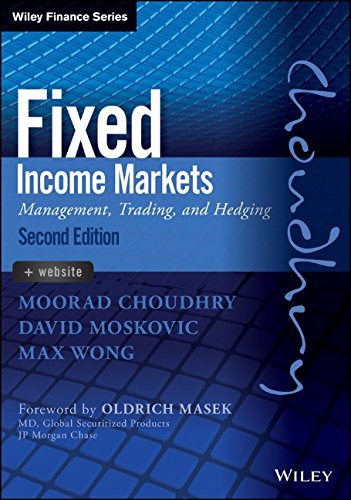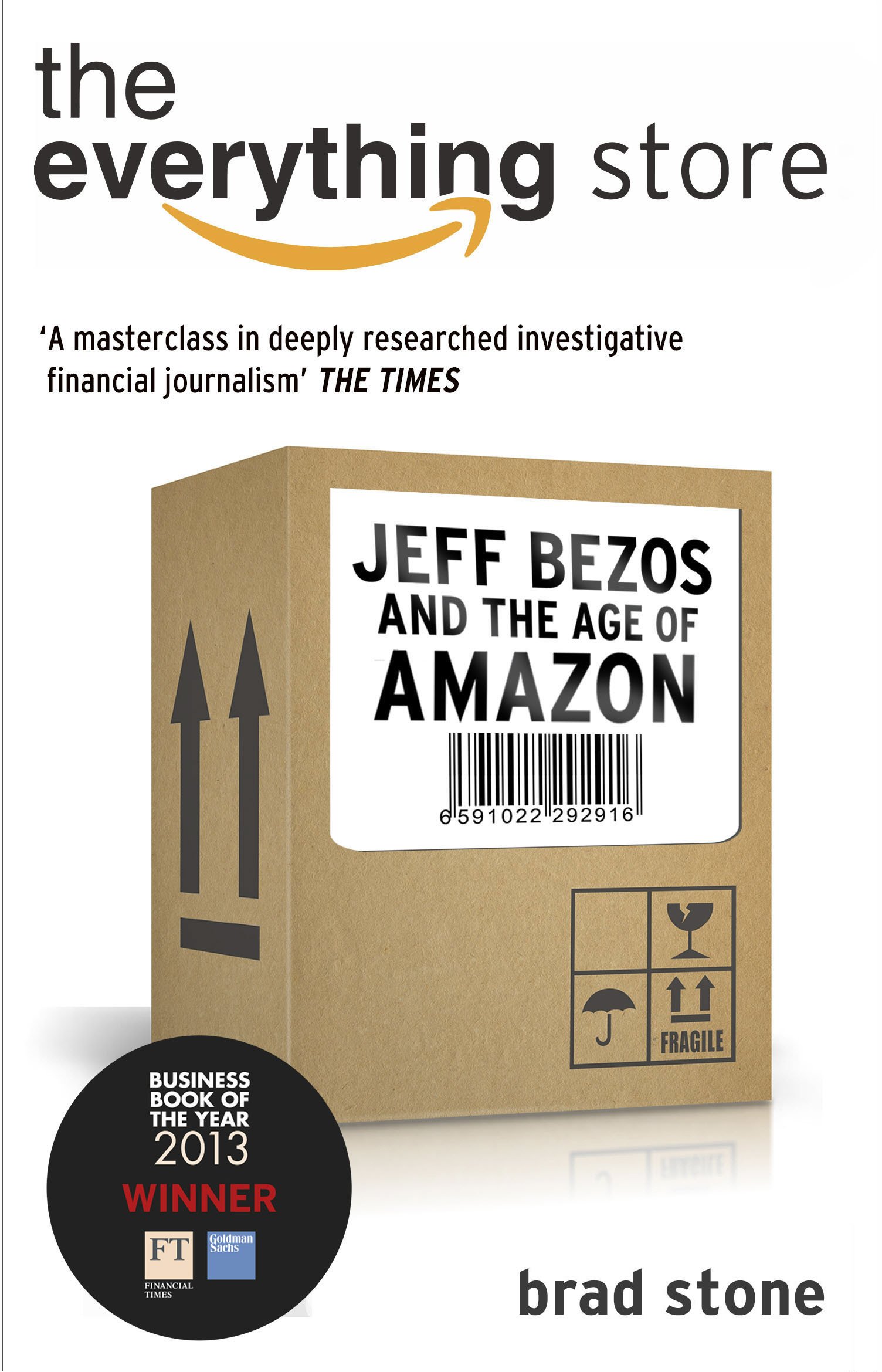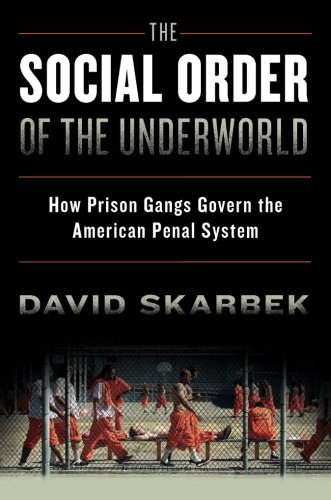 |
| Picture: Amazon |
The financial crisis of 2008 was more serious than the Wall Street crash of 1929. Another great depression was a real and imminent danger. But concerted policy action averted the worst, despite a widespread popular view that the elites got it all wrong and should never have bailed out the 'banksters'. I was glad to see a book trying to put the record straight. Unfortunately this book exceeds its brief. It conflates the initial reaction to the crisis and subsequent attempts to promote growth, and it strains too hard to praise the efficacy of international institutions and international order more generally.
Drezner organises the book oddly, analysing the separate role of interest, power and ideas. But in the crisis period, there was little conflict because interests were aligned (avoid a great depression), ideas were aligned (provide liquidity, bail out systemically important institutions) and so power was deployed collaboratively. Drezner's chapter on 'interest' is limited to private interests, and focuses mainly on banks' lobbying around new regulatory standards. Revealingly he switches at a key point from the term 'interests' to 'sectoral material interests' as if they're the same thing (p. 86).
His account of financial regulation is weak and confused. He wants to argue that regulators prevailed over banks, and to regard that as a success. In fact a good deal of lobbying was focused on technical aspects of the requirements that might have produced outcomes that no one sought. And the trade-offs between higher capital requirements and less liquidity in loan and derivative markets requires more sophisticated judgment than a simple win/loss assessment. Drezner is ill placed to make these assessments. Minor confusions abound, such as conflating internal models with Value at Risk models (which covered only a tiny part of capital requirements; see p.85), thinking that liquidity is a subset of capital (p. 86). And he quotes Sheila Bair extensively, without noting that she is one of the most controversial characters in the financial crisis whose obstreperousness was widely regarded as damaging to crisis management efforts.
The absolute howler is his belief that "capital held in reserve cannot be loaned out or invested; the more banks have in reserve, the smaller their profits" (p. 89). That's dead wrong, and it's elementary. A first year analyst should have learned that this is not the case. Capital is a way of funding a bank's lending; it's not gold bars kept in the vaults. If a bank has proportionately more capital it won't affect the size of its profit, but it will affect its return on capital. It's analogous to profiting on a house sale. If you buy a house for £1m cash and sell it for £1.1m, you've made profit that can be expressed as £100k or 10%. If you do the same deal with a £900k mortgage and a deposit of £100k, then your profit is still £100k, but it's also 100% return on your capital. It's not crucial to Drezner's argument, but his failure to understand even the most basic way that a bank's balance sheet operates must give us pause when evaluating his analysis of financial regulation.
Drezner's focus on international institutions is also peculiar, and makes sense only in terms of his own institutional affiliation - he is a scholar of international relations. His neat tick-box tables of the role that various institutions played in the crisis (like 'providing expertise', apparently) fails to assess the importance of the role that these institutions played. The crisis, in its most acute phase, was managed by central bankers and finance ministers talking to each other bilaterally; international institutions were irrelevant. That wasn't in any sense a failure of international governance or international institutions. International co-ordination took an ad-hoc form because that was the most sensible and pragmatic way to proceed. Subsequently international institutions have played more of a role, but subsequent actions have been more contested and more uncertain in their outcome.
Drezner is one-sided in his attempt to portray success. He makes much of the avoidance of trade war, but whilst a recognised risk, everyone knew that a trade war would be internecine so everyone had an interest in avoiding it. In other areas there has been more inter-state conflict and much more conflict over ideas than Drezner recognises, at least after the period of 'crisis stabilisation'. His understanding of the wider economic debates is hazy (he does not adequately distinguish fiscal and monetary policy, for example) and given weak growth and simmering crises like the Eurozone it is tough to argue that the 'system' has achieved much more than crisis management.
One book I can really recommend on the financial crisis is Alan Blinder After the Music Stopped. It's by far the best and most knowledgeable account (and I've read many), alone in combining clarity of expression with depth of understanding. Everyone else sacrifices at least one of those things, and often both.
 |
| Picture: Amazon |
This book, written by some of my colleagues, is a better place to start if you want more fully to understand the financial system. It is a technical book that starts from first principles, but ends up with some important insights for the debates Drezner tries to follow. It's an excellent textbook, but it goes well beyond standard textbooks in the insight it provides into current real-world dynamics. The final chapter on correlation is particularly important for the light it sheds on correlation, which is a key concern in regulatory debates.
The key message here is the astonishing disjoint between the sophistication of market practice and the crudity of the popular debates. Studying some of the ideas in this book is essential for informed contribution to debate about financial regulation.
 |
| Picture: Amazon |
For lighter relief, this book about Amazon is a great fast read. Brad Stone is a fine storyteller. But it's not a convincing narrative. Bezos's wife gave it an excoriating review on Amazon.com, and even from my own knowledge this book didn't add up. I recall a few years ago there was a scandal about differential pricing, where Amazon was using algorithms to identify less price-sensitive customers and charge them higher prices. That isn't mentioned here, because Stone's narrative is about Amazon as a relentlessly customer-focused business. No doubt it does have a strong customer focus, and it has always sought sales volume over profitability, but it is also a business seeking to make money. That tension is barely noted in this lightweight and one-dimensional account.
Bezos comes across as a rather monstrous boss, and Amazon as a ghastly place to work. Some of the best bits are the great put-downs ("This is the B-team document, Get me the A-team version", "Do I have to get the certificate that says I'm CEO to get you to stop challenging me on this?" etc...). But it clearly suits some people (the share options help), and maniacally focused entrepreneurs are rarely noted for their interpersonal skills. Stone is too willing to see this as a sign of genius, though he also shows Bezos to be a sucker for management fads and beholden to celebrity management gurus, which doesn't indicate particularly acute critical faculties. And speaking of absent critical faculties, it's a travesty that this won the FT/Goldman Sachs 'business book of the year' award against far worthier rivals - including Alan Blinder's outstanding account of the financial crisis.


Robert A. Ferguson Inferno: An anatomy of American punishment Harvard University Press 2014 £21.91
David Skarbek The Social Order of the Underworld: How prison gangs govern the American penal system Oxford University Press 2014 £18.99
I've just read these two superb new books on American criminology. Ferguson's is a forensic critique of America's punitive criminal justice system, outstanding for its range and sophistication. It includes serious philosophical critique as well as legal and sociological analysis. The analysis is elucidating and the critique is damning.
Skarbek's book is very different, a focused study drawing on a wide range of sources to develop a rational choice explanation for the development of American prison gangs. I found it completely convincing and utterly fascinating. It's a short, punchy book that intersperses extended anecdotes between analytic chapters. He argues that gangs developed as a form of self-protection when the old 'prisoners' code' broke down when the American prison system grew exponentially as US politics became more punitive. Skarbek concludes with measured but effective criticism of mass incarceration, but he seems to appreciate the enormity of the barriers to overcoming the hold of gangs in US prisons.
These two compelling but tragic works are both among my best books of the year.
Bullion Exchanges is a reputable Precious Metals Seller located in New York City's Diamond District.
ReplyDeleteBullion Exchanges have a massive inventory of items including but not limited to, precious metals that range from the ever popular gold and silver to platinum & palladium.
Bullion Exchanges are offering an enormous selection of products appealing to first time buyers and the seasoned investors.